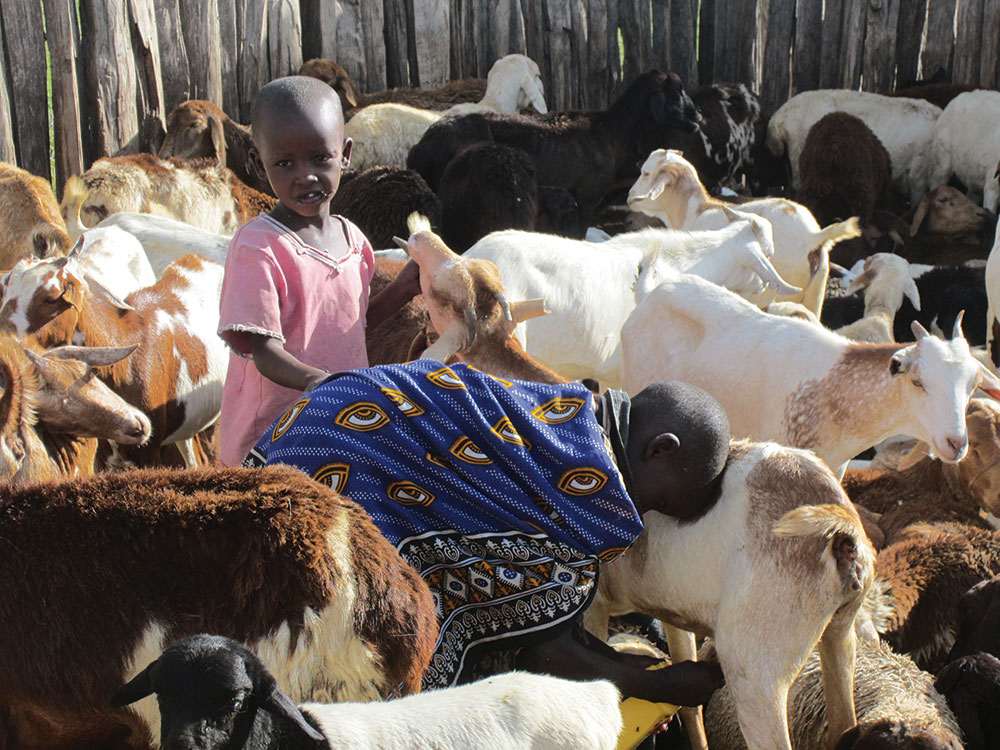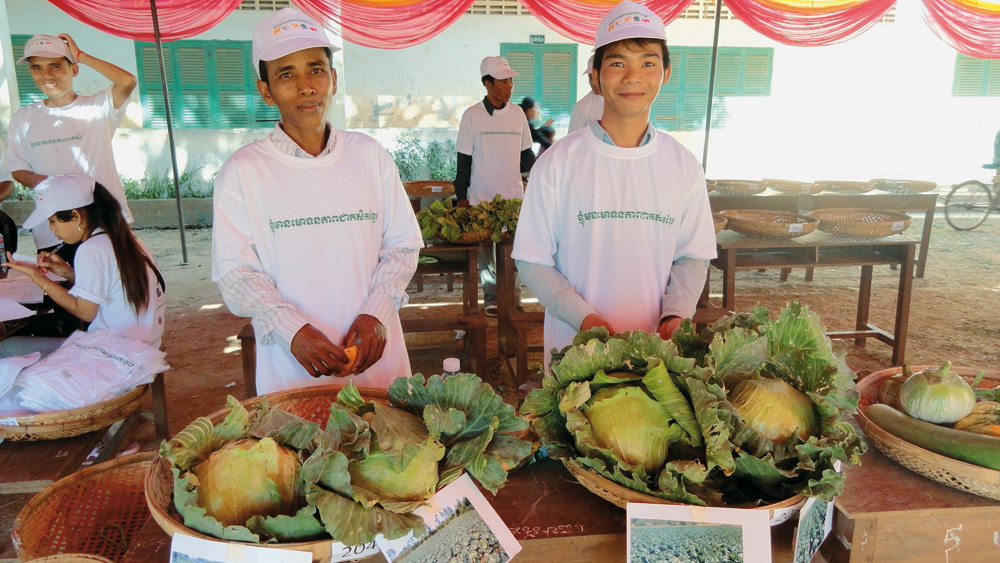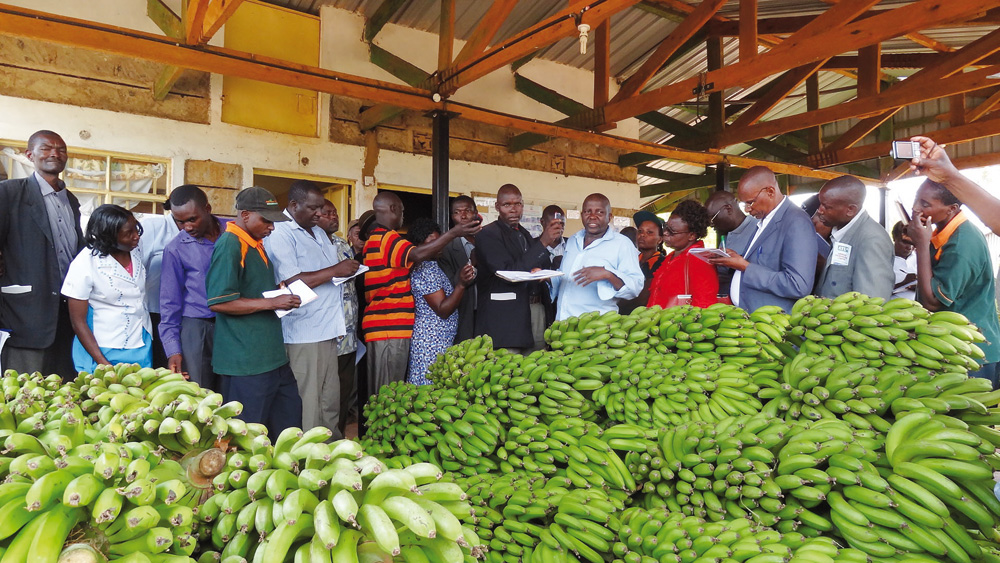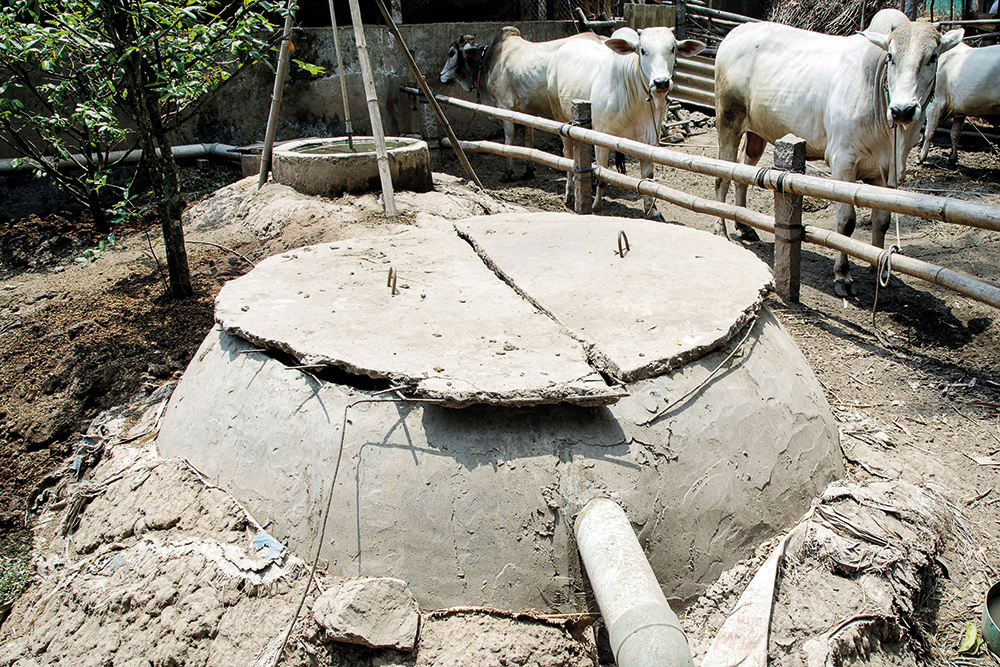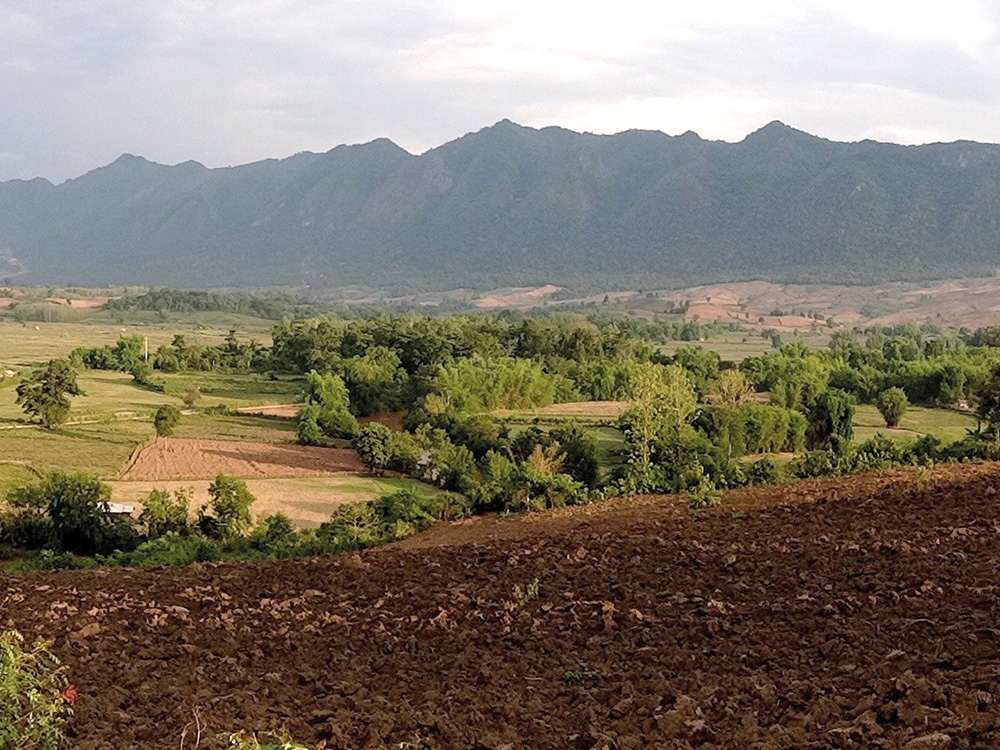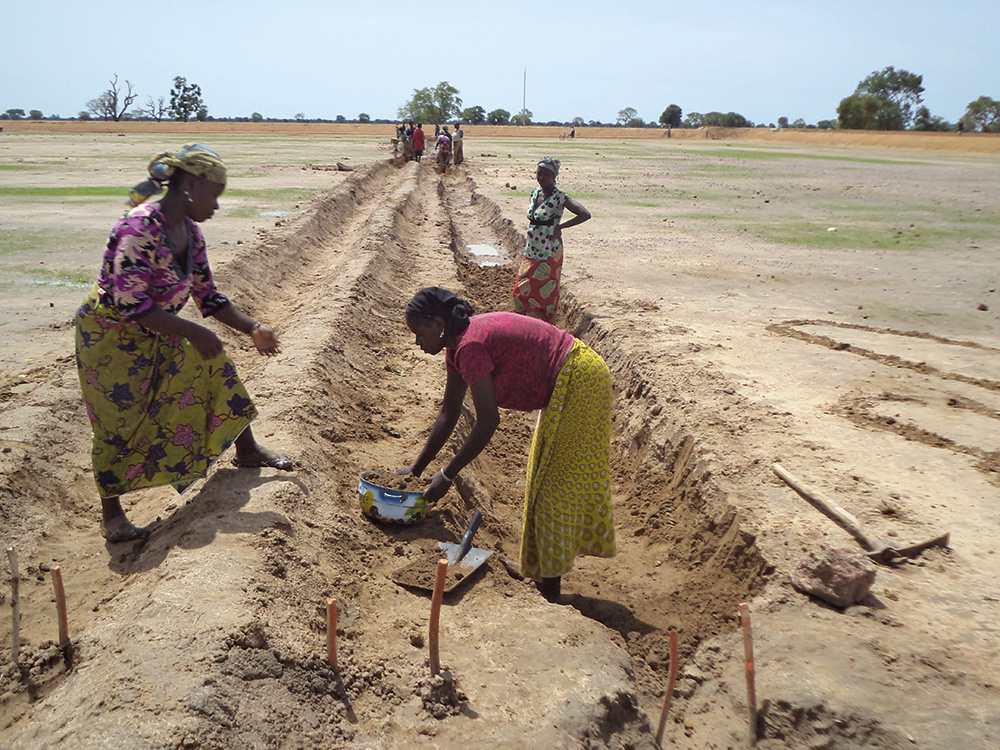Better grain marketing with warehouse receipt systems
Grain markets in Africa suffer from a range of constraints. Smallholder farmers are particularly affected owing to their vulnerability to price fluctuations and their weak bargaining position. Many African governments as well as donors reckon with improvements through warehouse receipt systems. The article illustrates the theoretical potential of the WRS and some of the obstacles in setting them up in African countries.


